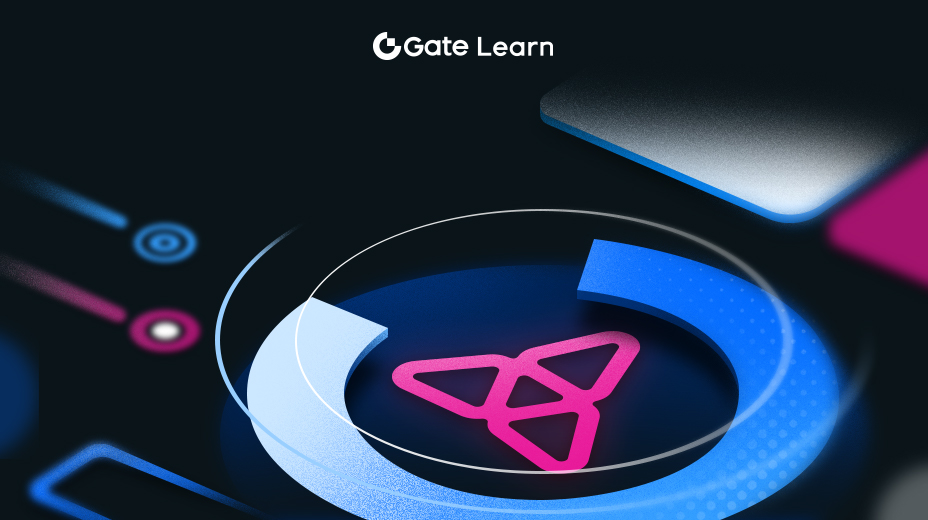Halo (PANAS)
Dalam modul ini, kita akan menjelajahi Holo (HOT) dan perannya dalam cloud hosting terdesentralisasi. Kami akan membahas arsitekturnya, cryptocurrency asli, dan bagaimana hal itu memungkinkan pengguna menghosting dan mendistribusikan aplikasi mereka tanpa bergantung pada server terpusat. Kami akan membandingkan Holo dengan opsi hosting tradisional dan membahas potensinya di ruang penyimpanan terdesentralisasi.

Sumber: Halo
Holo (HOT) adalah platform komputasi awan terdistribusi yang memungkinkan pengguna berbagi daya komputasi dan ruang penyimpanan di jaringan peer-to-peer. Ini dirancang untuk menjadi alternatif yang lebih efisien dan aman untuk opsi penyimpanan cloud tradisional dengan memanfaatkan arsitektur terdesentralisasi. Holo dibangun di atas kerangka kerja Holochain, yang memungkinkan pengembang membuat aplikasi terdesentralisasi (dApps) yang berjalan di jaringan node terdistribusi.
Salah satu keunggulan utama Holo adalah ia menawarkan kontrol yang lebih besar kepada pengguna atas data mereka dibandingkan dengan opsi penyimpanan cloud tradisional. Dengan Holo, pengguna dapat menyimpan data mereka secara lokal di perangkat mereka sendiri atau memilih untuk membaginya dengan orang lain di jaringan. Ini berarti bahwa pengguna dapat mempertahankan kepemilikan atas data mereka dan mengontrol siapa yang memiliki akses ke sana, tidak seperti opsi penyimpanan cloud tradisional di mana data biasanya disimpan di server terpusat yang dimiliki oleh penyedia pihak ketiga.
Holo juga menawarkan alternatif yang lebih hemat biaya untuk opsi penyimpanan cloud tradisional. Dengan memanfaatkan jaringan peer-to-peer, Holo mengurangi kebutuhan akan pusat data yang mahal dan infrastruktur lain yang dibutuhkan oleh penyedia penyimpanan cloud tradisional. Ini dapat menghasilkan biaya yang lebih rendah bagi pengguna yang perlu menyimpan dan berbagi data dalam jumlah besar.
Selain manfaat tersebut, Holo juga dirancang agar lebih aman daripada opsi penyimpanan cloud tradisional. Dengan penyimpanan cloud tradisional, data biasanya disimpan di server terpusat yang rentan terhadap peretasan dan pembobolan data. Holo, di sisi lain, menggunakan jaringan node terdistribusi, yang mempersulit peretas untuk mengakses atau mengkompromikan data.
Keuntungan utama lain dari Holo adalah kemampuannya untuk mendukung berbagai aplikasi lebih dari sekadar penyimpanan. Dengan menggunakan kerangka kerja Holochain, pengembang dapat membuat aplikasi terdesentralisasi yang berjalan di jaringan Holo, menawarkan alternatif yang lebih terdesentralisasi dan aman untuk aplikasi berbasis web tradisional.
Highlight
- Holo adalah platform cloud hosting terdesentralisasi yang dibangun di atas Holochain.
- Holo memungkinkan pengguna untuk menghosting dan mendistribusikan aplikasi, situs web, dan data mereka tanpa bergantung pada server terpusat.
- Mata uang asli Holo adalah HOT, yang digunakan untuk membayar layanan hosting dan sebagai alat tukar dalam ekosistem Holo.
- Layanan hosting Holo didukung oleh jaringan peer-to-peer, yang menawarkan peningkatan kecepatan, skalabilitas, dan keamanan dibandingkan dengan solusi hosting tradisional.
- Arsitektur Holo juga memungkinkan pengguna mempertahankan kendali atas data dan aplikasi mereka, mengurangi risiko penyensoran dan pelanggaran data.
- Pendekatan inovatif Holo untuk hosting berpotensi mengganggu industri cloud hosting tradisional dan mengantarkan era baru komputasi peer-to-peer yang terdesentralisasi.





